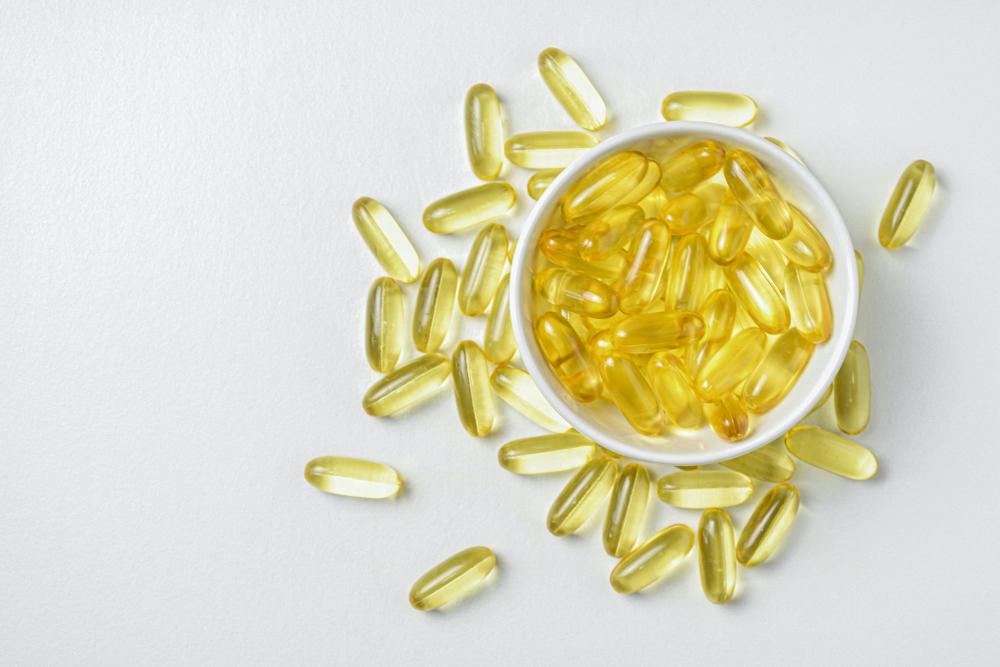The most effective supplements you can take this winter

During the winter months, there are a few more factors that contribute to an increase in illnesses from spending more time indoors with close contact with other people to the lower humidity meaning that viruses can stay in the air for longer. Hello cold and flu season. Supplements can be helpful in keeping your immune system functioning optimally, preventing any deficiencies and they may even help shorten the duration of the illness. Have a read below to learn about the different supplements that are beneficial to take during the winter months.
Vitamin D
Everyone should be supplementing with vitamin D in the winter months. Whilst there are some foods that contain vitamin D the main source of it comes from skin exposure to the sun. Vitamin D plays an important role in regulating the immune system and keeping it balanced, preventing prolonged periods of inflammation. Having a low level of vitamins D stored in the body has been linked to respiratory illness, increased susceptibility to immune related disorders, infection, disease, mood disorders such as anxiety and depression, fatigue, hormone imbalances, poor cognitive function, hair loss, psoriasis, and even making us more susceptible to certain cancers.
Zinc
Zinc is an essential trace mineral needed for a healthy immune system. As it is a trace mineral only a small amount is needed each day. Zinc contains over 300 enzymes that are needed in nearly all cellular functions of the body. Studies have found that zinc lozenges can reduce the severity of symptoms and the duration of a cold.
Vitamin B
Vitamin B complex is made up of 8 different B vitamins, They are important in many different bodily functions including energy production, mood regulation and the production of serotonin and dopamine which are two of the happy hormones. Supplementing with vitamin B complex during the winter months can be helpful for those who are more at risk of the winter blues.
Vitamin C
Vitamin C is the supplement most people reach for at the first sign of illness. It supports the immune system by increasing the production of white blood cells and their function. White blood cells are our first line of defence and are responsible for responding, protecting and fighting off illness in the body. Vitamin C is an antioxidant that is important in protecting the body from harmful free radicals which lead to oxidative stress. Oxidative stress causes damage to our cells and chronic illness. Vitamin C also improves the absorption of non-heme iron which is the type of iron found in plants
Remember to always speak to your doctor before starting a new supplement especially if you have an existing illness or taking medication as some supplements can interfere with this. Supplements shouldn’t be used in place of a well-balanced diet.











